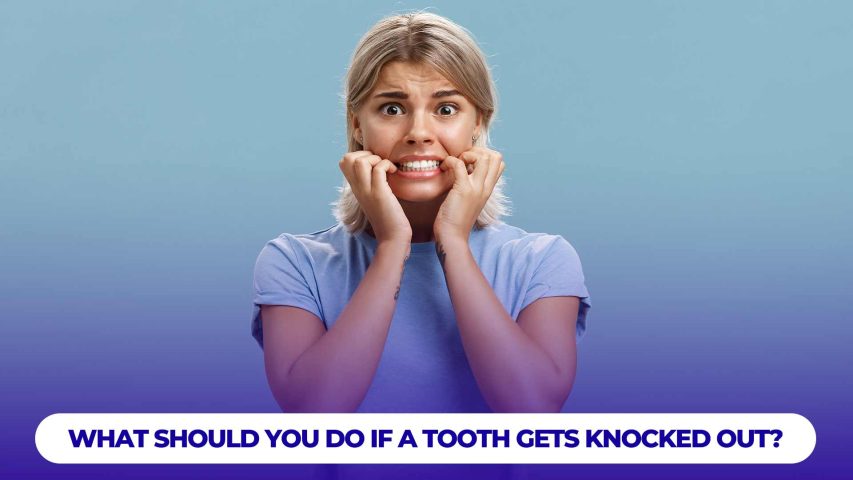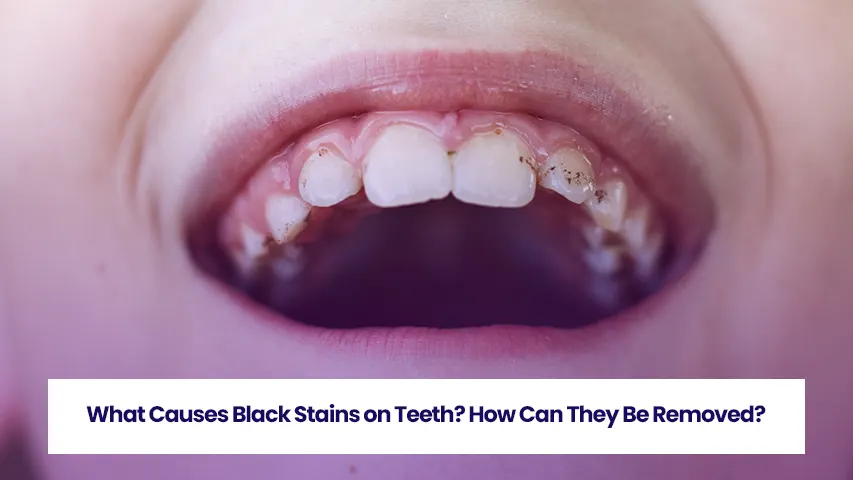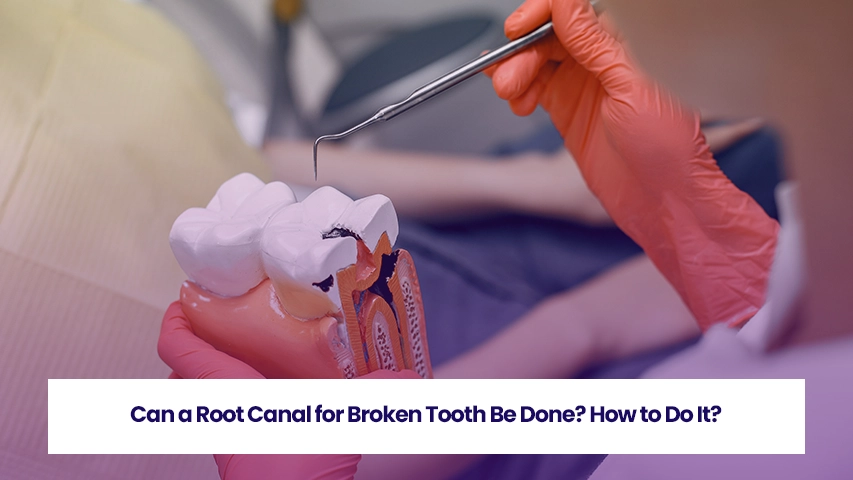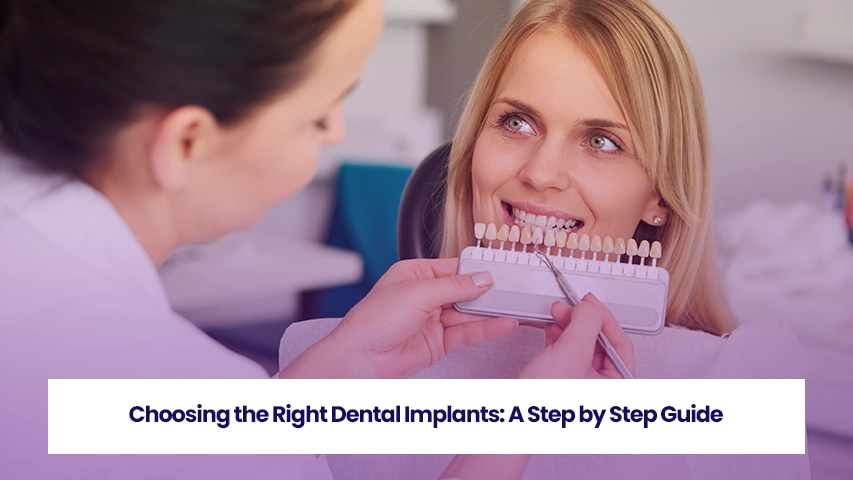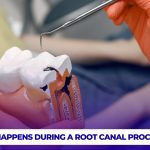
What Happens During a Root Canal Procedure?
22 November 2024
Is It Safe to Whiten Your Teeth at Home?
13 December 2024What Should You Do if a Tooth Gets Knocked Out?
A knocked out tooth is one of the most alarming dental emergencies you can experience. Accidents happen unexpectedly, and the sudden loss of a tooth can lead to panic and confusion. Whether it’s due to a sports injury, a fall, or an unfortunate collision, knowing how to handle this situation promptly can make a significant difference in saving the tooth and ensuring your long term oral health.
Tooth loss in a person is not purely cosmetic. There comes a speech impairment, alteration in eating habits, and a rise in self consciousness associated with the loss of a tooth. In such cases, the timeliness and the appropriateness of actions taken increase the likelihood of successful re implantation of the tooth. But what should one really do in a case like this?
This comprehensive guide will walk you through the steps to manage a dental emergency involving a knocked out tooth. From immediate first aid measures to what you can expect during a dentist visit, we’ve got you covered. By the end of this article, you’ll know how to act decisively and potentially save your lost tooth.
Understanding the Importance of Acting Quickly
Why Timing Matters
When a tooth is knocked out, the surrounding tissues, nerves, and blood vessels are severely damaged. The tooth won’t survive for long outside the mouth unless proper steps are taken immediately. Research shows that if a knocked out tooth is replanted within 30 minutes, the chances of successful reattachment are significantly higher.
Risks of Ignoring the Situation
Failing to address a tooth knocked out situation promptly can lead to complications such as:
- Permanent tooth loss.
- Risk of infection.
- Damage to surrounding teeth and gums.
- Expensive restorative dental procedures.
Understanding these risks highlights the need to act swiftly during a tooth loss emergency.
Immediate Steps to Take When a Tooth Gets Knocked Out
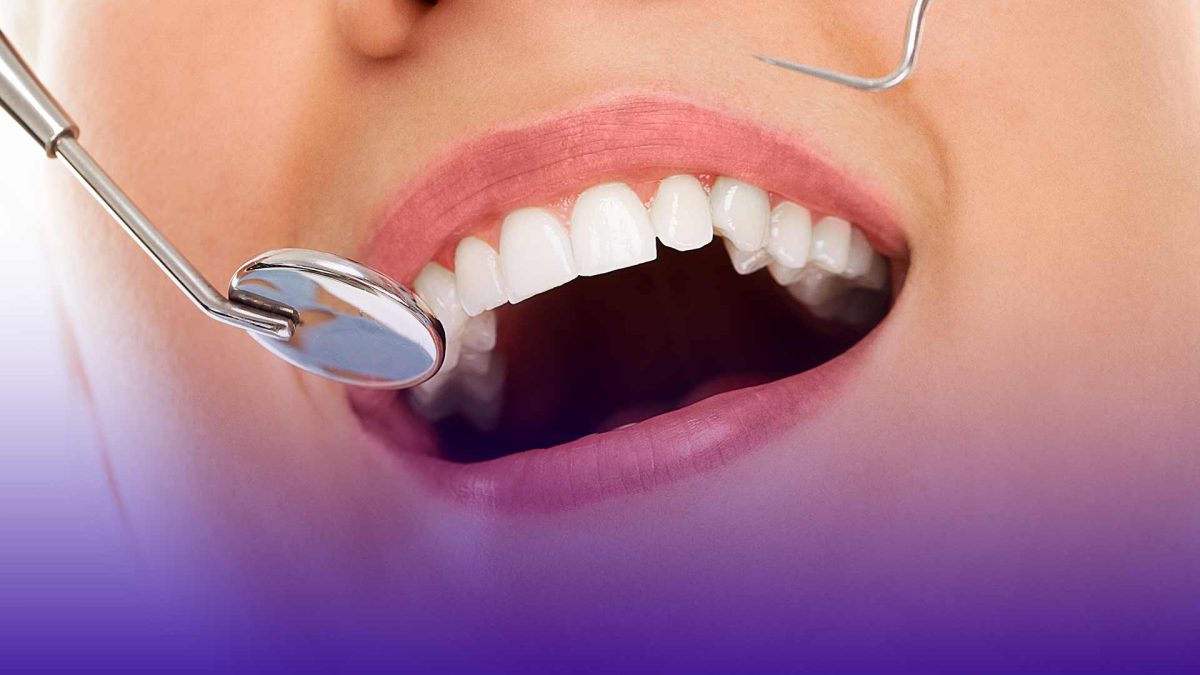
Step 1: Stay Calm and Assess the Situation
In any dental emergency, it is vital to maintain composure. If one panics, one may be delayed in making the efforts which are required to preserve the avulsed tooth. Assess readily if the tooth is intact or if there are pieces that are broken off.
Step 2: Locate and Handle the Tooth Properly
- Find the Tooth: If the tooth is on the ground or in your surroundings, pick it up immediately.
- Hold the Tooth by the Crown: Avoid touching the root to prevent damage to the soft tissue that is vital for reattachment.
- Inspect for Dirt: If the tooth is dirty, rinse it gently with milk or saline solution. Do not scrub or use soap, as this can harm the tissue.
Step 3: Reinsert the Tooth If Possible
- If you’re comfortable and the person is conscious, try reinserting the knocked out tooth into its socket. Use gentle pressure to hold it in place.
- If reinsertion isn’t possible, store the tooth in a suitable medium, such as milk, a saline solution, or the injured person’s saliva. This prevents the root from drying out.
Visiting a Dentist Immediately
Seeking immediate dental care after losing a tooth is critical to improving the chances of successful reattachment. Dentists have the expertise and tools necessary to evaluate the damage, clean the affected area, and provide treatments tailored to your specific situation. Prompt action ensures a better prognosis for saving the tooth and preventing complications.
Why You Need Professional Help
No matter how well you handle the situation, visiting a dentist is essential. A professional can:
- Reassess the condition of the tooth knocked out.
- Ensure proper reattachment or provide alternative solutions.
- Check for any additional injuries or complications.
What to Expect During the Appointment
Your dentist will:
- Clean the affected area.
- Reinsert or stabilize the lost tooth using a splint.
- Prescribe antibiotics to prevent infection.
- Schedule follow ups to monitor healing and ensure the tooth integrates properly.
Long Term Care After a Tooth Knockout
Losing a tooth can be traumatic, but long term care plays a critical role in ensuring your oral health remains intact. Proper aftercare not only promotes healing but also reduces the risk of further complications or infections.
Also, knowing what other possibilities of restoration exist helps reduce fear of the visual and functional aspects. Even when saving a tooth is not feasible and replacement is the only option, adherence to the dentist practices is important for results to be favorable.
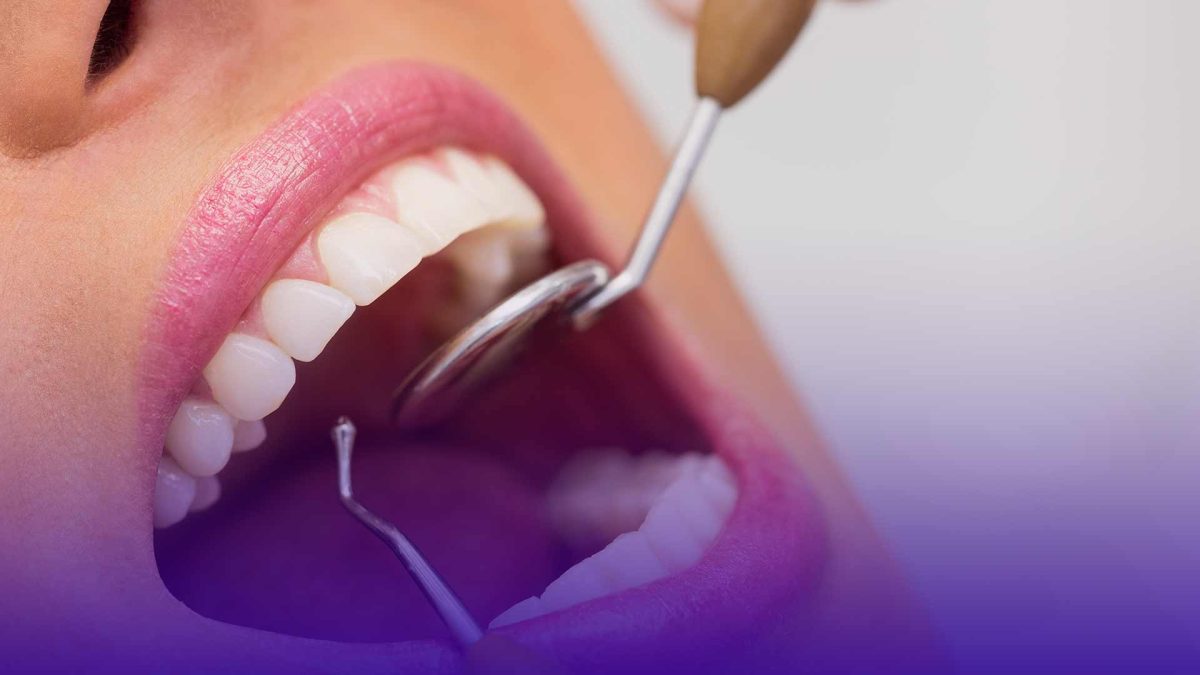
How to Support Healing
Following your dentist’s instructions is crucial for recovery. This includes:
- Eating soft foods to minimize stress on the injured tooth.
- Avoiding hard or sticky foods.
- Maintaining excellent oral hygiene to prevent infection.
When a Tooth Cannot Be Saved
If reattachment isn’t successful, your dentist will discuss restorative options, such as:
- Dental implants.
- Bridges.
- Partial dentures.
These solutions can restore function and aesthetics, minimizing the impact of a tooth loss emergency.
Preventing Tooth Knockouts
Accidents can happen, but taking proactive measures significantly reduces the risk of losing a tooth. By understanding potential dangers and implementing protective habits, you can safeguard your teeth from unexpected impacts and injuries.

Protective Measures
To reduce the risk of experiencing a dental emergency, consider the following:
- Wear a mouthguard during sports or high risk activities.
- Avoid chewing on hard objects like ice or pens.
- Practice good oral hygiene to keep your teeth strong.
Regular Dental Checkups
Routine dental visits can help identify potential issues, such as weakened teeth or gum disease, which might increase the risk of a tooth knocked out during minor accidents.
Frequently Asked Questions
Can All Knocked Out Teeth Be Replanted?
Not all knocked out teeth can be reattached. Primary teeth in children, for example, are typically not replanted to avoid interfering with the development of permanent teeth.
What Happens If I Don’t Reinsert the Tooth Immediately?
If you can’t reinsert the lost tooth, keeping it moist is critical. Storing it in milk or saline solution can preserve the root for a short time until you reach a dentist.
Is It Painful to Reattach a Tooth?
While there may be some discomfort, dentists use local anesthesia to minimize pain during the reattachment process. The priority is saving the knocked out tooth.
Key Takeaways
Experiencing a knocked out tooth is undoubtedly stressful, but acting quickly and correctly can make all the difference. Immediate steps such as handling the tooth properly, storing it in a suitable medium, and seeking professional dental care are vital.
Moreover, simple devices such as mouth guards and good oral hygiene can prevent the chances of these emergencies occurring. It is possible to protect one’s dentition and cope with the situation of oral emergency by always being ready and knowing the right things.








